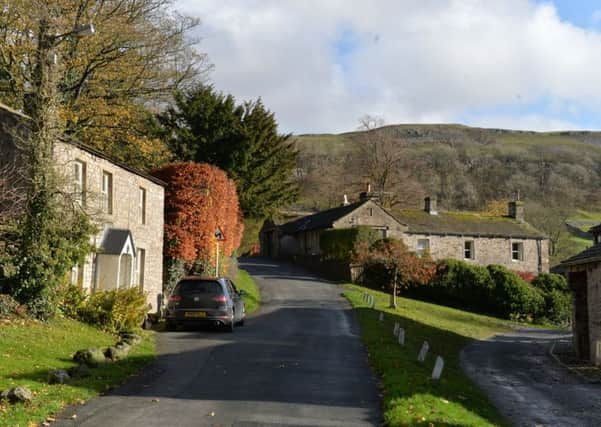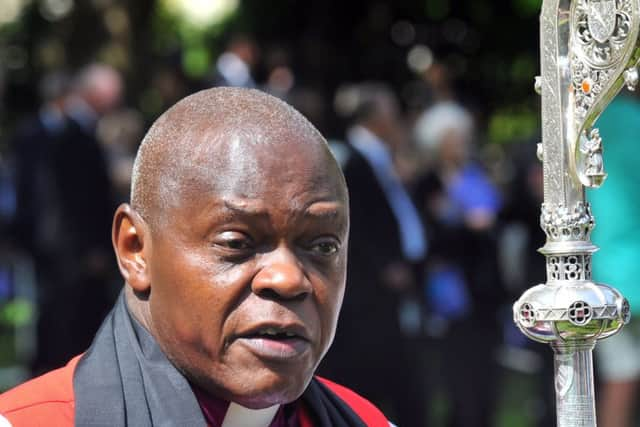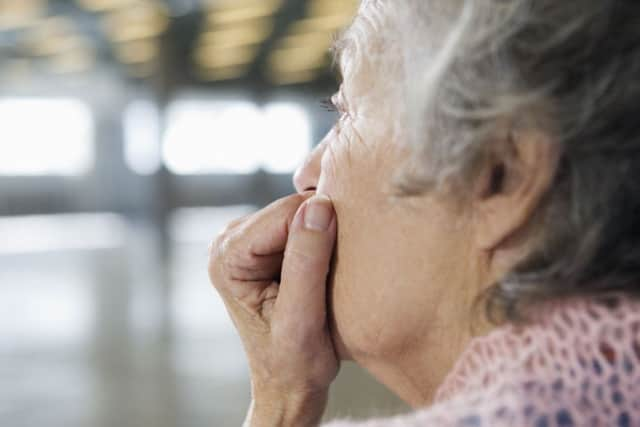The vital role being played by Yorkshire’s rural churches to help the poor – Bishop of Selby


The rural poor are often invisible and dispersed; in 2016-17, 16 per cent of farms made a loss averaging £37,000 whilst 62 per cent of Yorkshire farms were financially dependent on direct payments, with 56 per cent effectively in the red.
Advertisement
Hide AdAdvertisement
Hide AdFor all living in rural areas, higher transport, property and living costs – combined with reduced public services, utilities and employment prospects for the young – mean that the pounds don’t go as far as in urban areas, and younger people have to leave for employment elsewhere.


My own grandparents lived on a 40-acre mixed farm raising seven children and employing several people.
My bachelor uncle still lives on the farm which is no longer active, and which was barely able to support him even when he was farming it.
Advertisement
Hide AdAdvertisement
Hide Ad

I suspect that he would be defined as relatively poor though asset-rich. In 2016-17 17 per cent of households in rural areas were classified as relatively poor, and 15 per cent as absolutely poor. Yet in rural areas poverty is not simply material. My uncle, now in his 80s is part of a growing elderly population in rural communities of which 22.5 per cent are over 65. He lives an isolated and solitary life with no private transport.
A couple of years ago my mother phoned him and discovered that he was suffering from heart problems and needed to go to hospital immediately. Thankfully she was able to contact a local relative and he was taken to A&E. Otherwise things might have turned out differently.
Social poverty in rural areas is increasing and afflicts the materially poor and the well-off as age and infirmity isolate more of the rural population and as statutory support services reduce. Loneliness and mental health conditions are the outworking of this isolation.
Advertisement
Hide AdAdvertisement
Hide AdSo how is the Rural Church responding to social poverty, especially when resources are stretched?
Firstly through local awareness; many rural churchgoers in Yorkshire are very involved in local community groups and know and care for their vulnerable neighbours, even while the number of rural clergy may be lower than in the past.
Secondly, churches are working together to respond to these challenges; for example, The Arthur Rank Centre and Yorkshire Churches Rural Business Support (YCRBS) are jointly involved in a pilot Rural Isolation Project with four churches, two Anglican and two Methodist, to see how modest investments of money and training together with prayer and imagination can make a difference.
Thirdly, chaplaincy can reach the isolated; over the past five years YCRBS has re-established chaplaincy in the Yorkshire Agricultural Marts where farmers gather. Chaplains provide a listening ear and referral facility.
Advertisement
Hide AdAdvertisement
Hide AdFourthly, I have also seen a number of churches supporting the outreach of the farming charities such as Farming Communities Network, the Addington Fund and the Royal Agricultural Benevolent Institution through giving and fundraising. FCN seeks to befriend isolated farmers whilst the Addington Fund helps with housing and RABI with support grants.
Fifthly, Church schools build social capital as they serve rural communities in dispersed villages and towns.
Sixthly churches which are open during the day and have a toilet and kitchenette can be a community gathering place as rural facilities decline.
Material and social poverty are a reality in our rural areas. Statutory groups are working hard to find ways of responding. Yet rural churches have a distinctive part to play particularly in the light of God’s concern for the poor and their long history of service to their communities.
The Right Reverend Dr John Thomson is the Bishop of Selby and the Archbishop of York’s Ambassador for Rural Life and Faith.